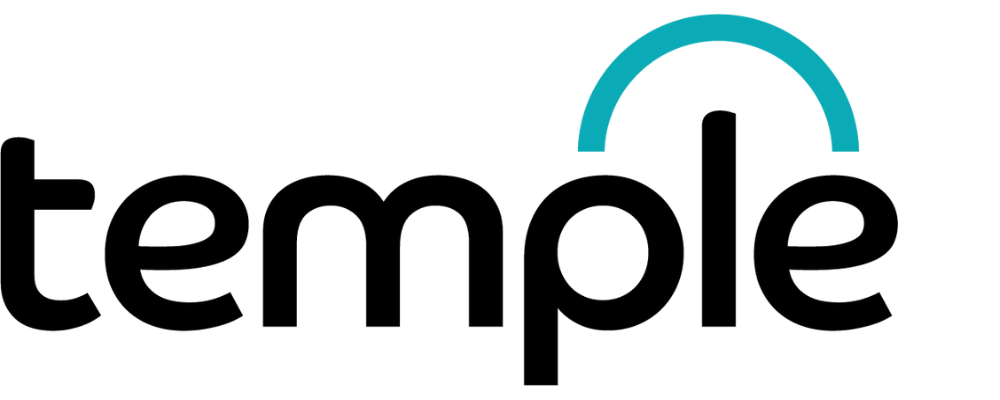ISO 45001 Lead Auditor
ISO 45001:2018 Lead Auditor (5 days)
The aim of this five day course is to provide delegates with the knowledge and skills required to perform first, second and third-party audits of occupational health and safety (OH&S) management systems against ISO 45001, in accordance with ISO 19011 and ISO/IEC 17021, as applicable.
The successful completion of this course fulfills the requirements for becoming a registered OH&S lead auditor and adds credibility.
The course is based on the IRCA specification – PR357 ISO 45001:2018 Lead Auditor.
Course Duration: 5 Days
Delivery Method: Online
FAQs
-
New lead auditors for OH&S management systems. Delegates may have attended Internal Auditor training in the past and wish to advance their knowledge and skills.ills.
-
The purpose of an OH&S management system, of OH&S management system standards, of management system audit, of third-party certification, and the business benefits of improved performance of the OH&S management system.
The role of an auditor to plan, conduct, report and follow up an OH&S management system audit in accordance with ISO 19011 and ISO/IEC 17021, as appropriate.
Develop skills to plan, conduct, report and follow-up an audit of an OH&S management system to establish conformity (or otherwise) with ISO 45001, and in accordance with ISO 19011 and ISO/IEC 17021 where appropriate.
Understanding ISO 45001 –
The Plan-Do-Check-Act cycle and its application to OH&S management processes.
The processes involved in establishing, implementing, operating, monitoring, measuring, analysing, evaluating, reviewing, maintaining and improving an OH&S management system, including the significance of these for OHSMS auditors.
The terms and definitions used in ISO 45001.
The requirements for OH&S management system documentation and the difference between maintaining and retaining documented information.
The purposes of a differences between first-party, second-party and third-party certification audit of management systems.
The role of the OHSMS auditor in evaluating an organisation’s ability to meet its legal and other requirements, including the difference between this role and the regulatory role of evaluating legal compliance.
The benefits of third-party accredited certification of occupational health and safety management systems for organisations and interested parties.
The audit process:
Determining audit objectives – the purpose and significance of the audit scope and criteria
Identifying the appropriate personnel for the audit, the importance of auditor and audit team competence, and the selection of team members particularly with regard to knowledge of the relevant management system discipline, industry sector, regulations and legislation, and auditor training. Outline different audit methods; including on-site and remote audits and audit activities requiring human interaction and no human interaction.
The purpose of a stage 1 audit, including the documented information review, and describe a typical stage 1 audit process and outputs.
Preparing for a stage 2 audit, including preparing an audit plan.
Conducting on-site audit activities, including preparing working documents, conducting audit meetings, gathering and verifying audit evidence, preparing, approving and distributing the audit report, and conducting the audit follow up.
Auditor responsibilities:
The roles and responsibilities of the audit client, auditors, lead auditors, technical experts, auditees, guides and observers.
The management responsibilities of the Lead Auditor in managing the audit and the audit team.
The need for effective communication with the auditee throughout the audit process.
The need for auditor confidentiality and other professional behaviours.
Planning, conducting, reporting and follow-up of audits of an OH&S management system.
Planning the audit
Conducting the audit
Auditing OH&S management system requirements
Generating audit findings
Reporting the audit
Following up the audit
-
Recommended – ISO 45001:2018 Foundation Course
CQI & IRCA recommend that each Learner have the following prior knowledge before completing this course:
Required Knowledge of:
The Plan, Do, Check, Act (PDCA) cycle,
The core elements of a management system and the interrelationship between top management responsibility, policy, objectives, planning, implementation, measurement, review and continual improvement.
OH&S management – the concepts of managing occupational health and safety through hazard identification, risk assessment and risk control and compliance with legal requirements and other requirements.
The relationship between OH&S management and the provision of safe and healthy workplaces, the prevention of work-related injury and ill health, and the proactive improvement of health and safety performance.
Common examples of relevant national and local OH&S legislation and requirements
Knowledge of the requirements of ISO 45001 and the commonly used OH&S management terms and definitions.
-
Lead Auditor Exams
Exam duration: 1hr 45 minutes
Total number of items: 40
Total marks available: 80
Learners must achieve the minimum pass mark for each domain and an overall score of 40 marks (50%)
Open book exam. Learners will require access to the relevant ISO standards (electronic or paper copy permitted).
Course ID reference number: 2214
CQI & IRCA
This course is certified by CQI and IRCA (the Chartered Quality Institute and the International Register of Certificated Auditors)
Due to changes announced by CQI and IRCA we must make you aware that:
As a registered charity, the CQI is subject to the UK General Data Protection Regulation (UK GDPR), a UK law that gives you certain rights with respect to your personal data that is shared with the Institute.
In order to accurately record the delegates that they are certifying, CQI and IRCA now require that we provide them with your contact details (name, surname and email address).
We have been assured by CQI and IRCA that delegate data will be handled and stored confidentially and securely, and that any marketing communications between CQI and IRCA and you will be limited to the promotion of CQI and IRCA and their qualifications programmes, and that this will be strictly on an opt-in basis.
To exercise your GDPR rights, you must contact the CQI either directly or through Temple Management Training Limited unless you are located in a European Union country when you must contact the CQI’s EU representative – IT Governance Europe Limited at eurep@itgovernance.eu. Please ensure you reference ‘CQI’ in any correspondence you send to their representative.

